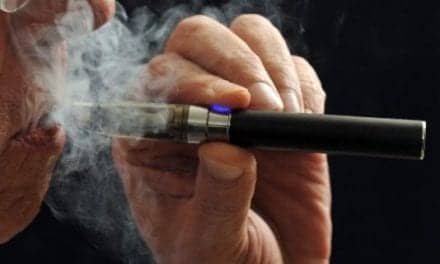New research presented at the European Association of Urology conference shows that current smokers, and smokers who quit less than 10 years previously, have twice the risk of a recurrence of prostate cancer after surgery. A group of scientists and clinicians from the Europe and the United States retrospectively examined biochemical prostate cancer recurrence in 7,191 men who had their prostate removed by radical prostatectomy. The patients were followed up for an average of 28 months.
Of the men, 34.9% were never smokers, 31% were former smokers, and 33.5% were current smokers. The results of the analysis showed that after a median of 28 months, current smokers had around double the chance of the cancer recurring than did patients who had never smoked, according to a Medical Xpress news report. Individuals who had quit smoking within the last 10 years still had a notably higher risk of cancer recurrence, at about the same level as that for current smokers.
The results of the study also reveal that the risk of cancer recurrence dropped significantly only after 10 years after a patient quit smoking.
Lead researcher Dr. Malte Rieken explains, “This is a new analysis, but it seems to confirm results we have seen in many other types of cancer: basically, smoking increases the risk of cancer recurrence after initial treatment.
Rieken adds, “The fact that cancer recurrence can vary so dramatically due to smoking is probably one of the factors which may contribute to differences in prostate cancer mortality. It’s just another reason not to smoke at all, but the fact that the risk drops after 10 years means that anyone who has prostate cancer, would be well advised to quit immediately.”
Source: Medical Xpress










